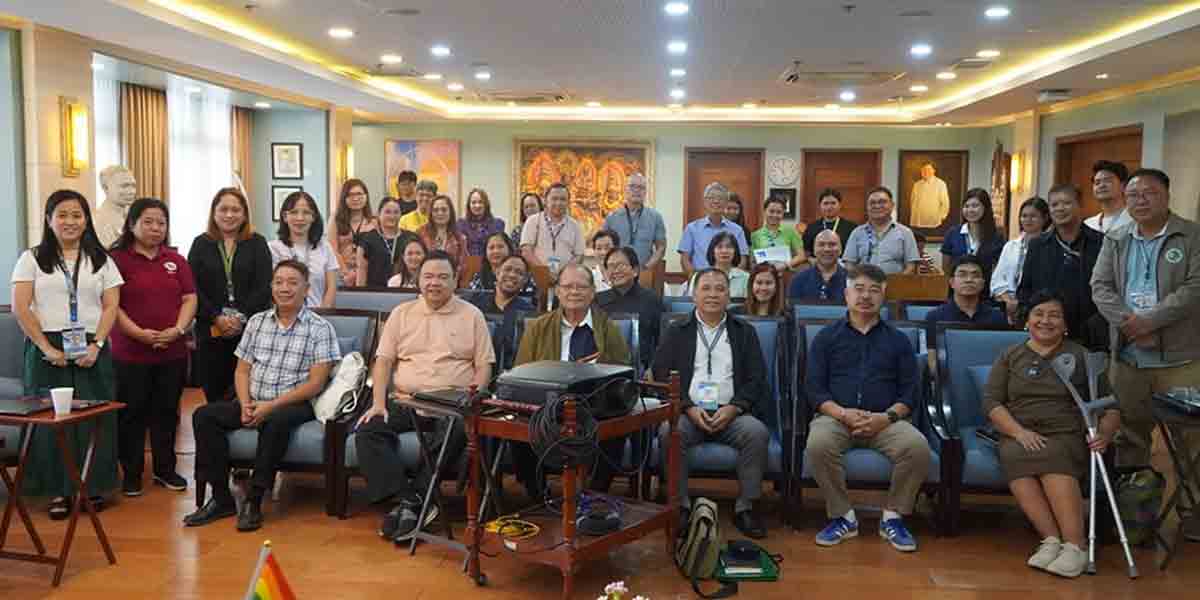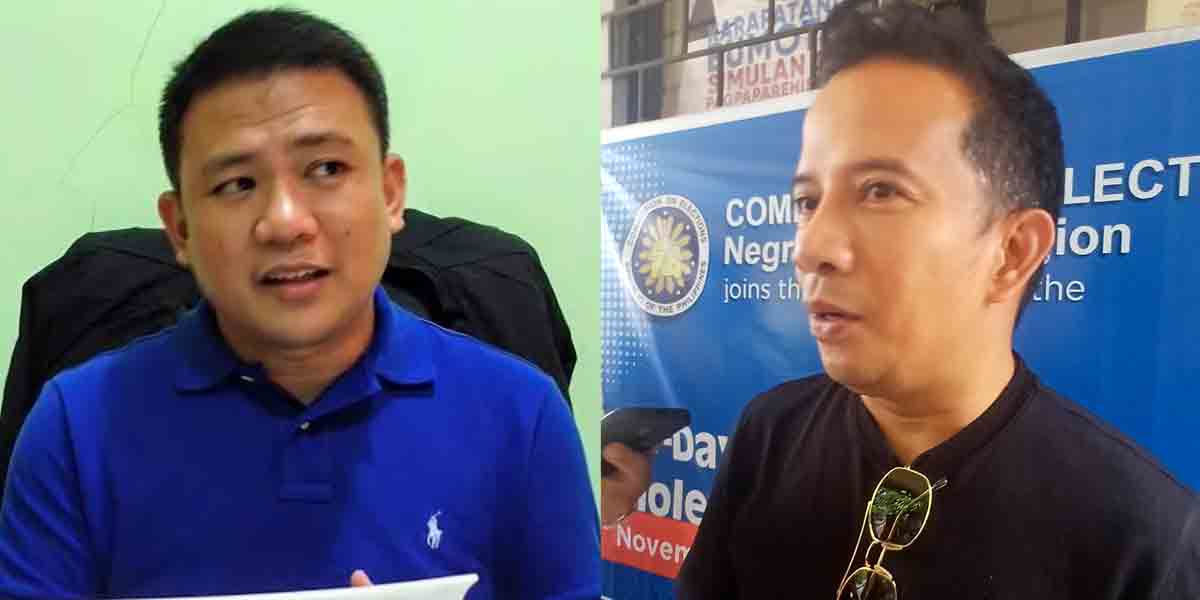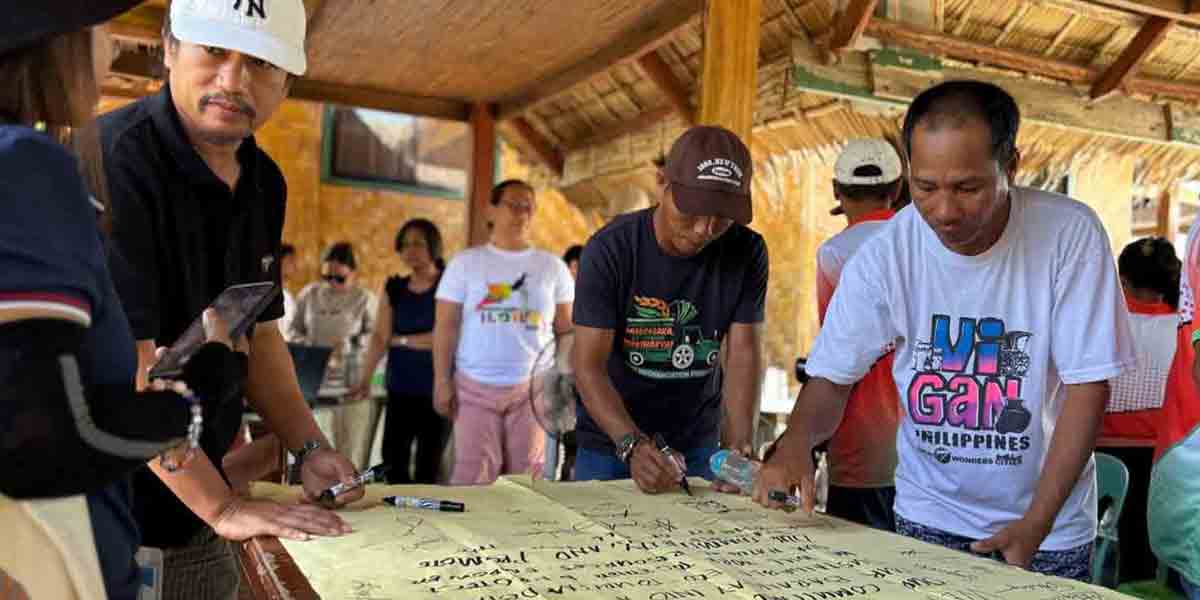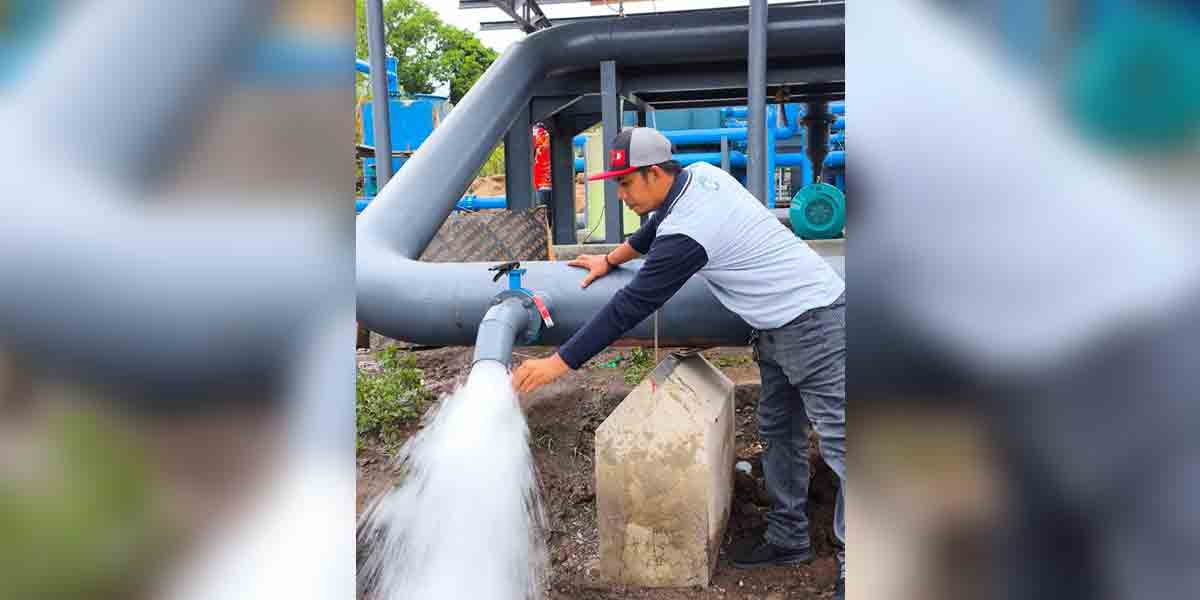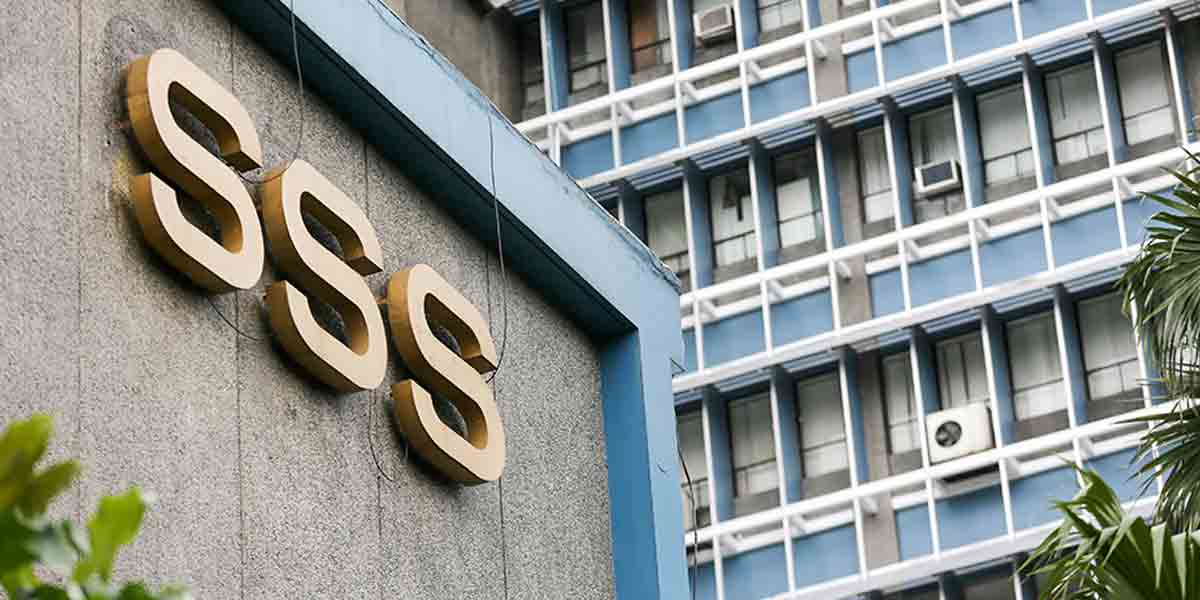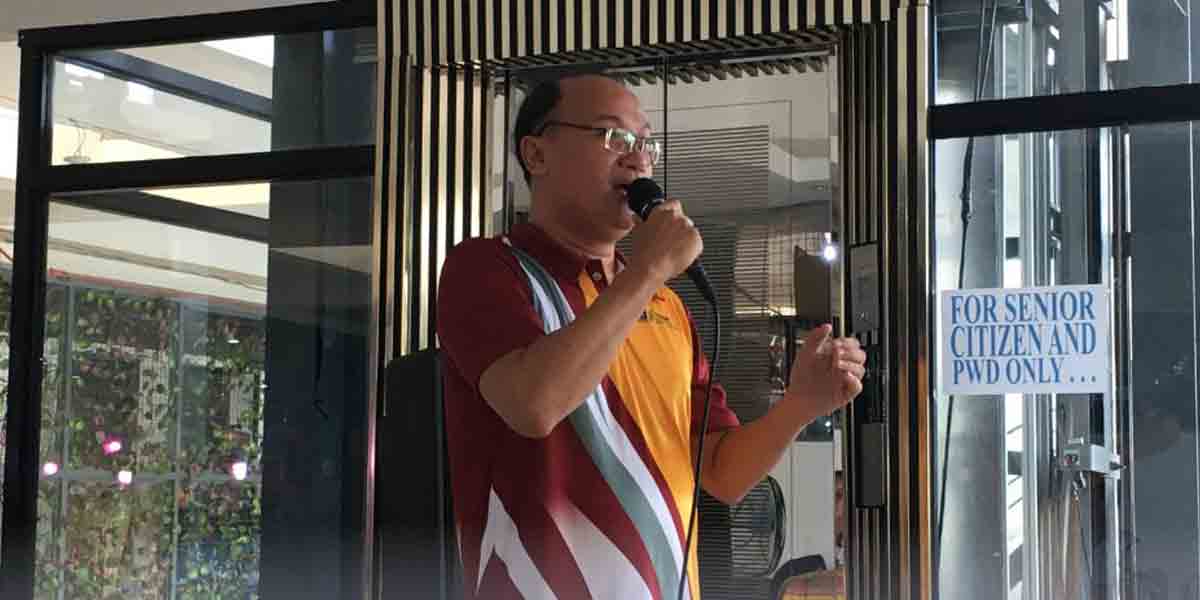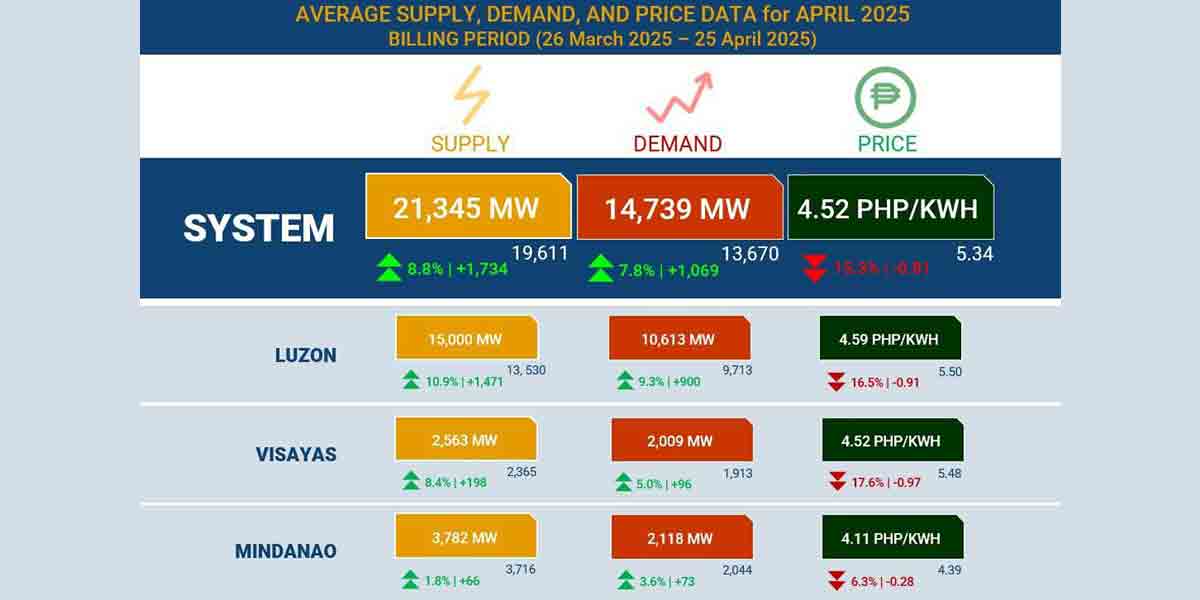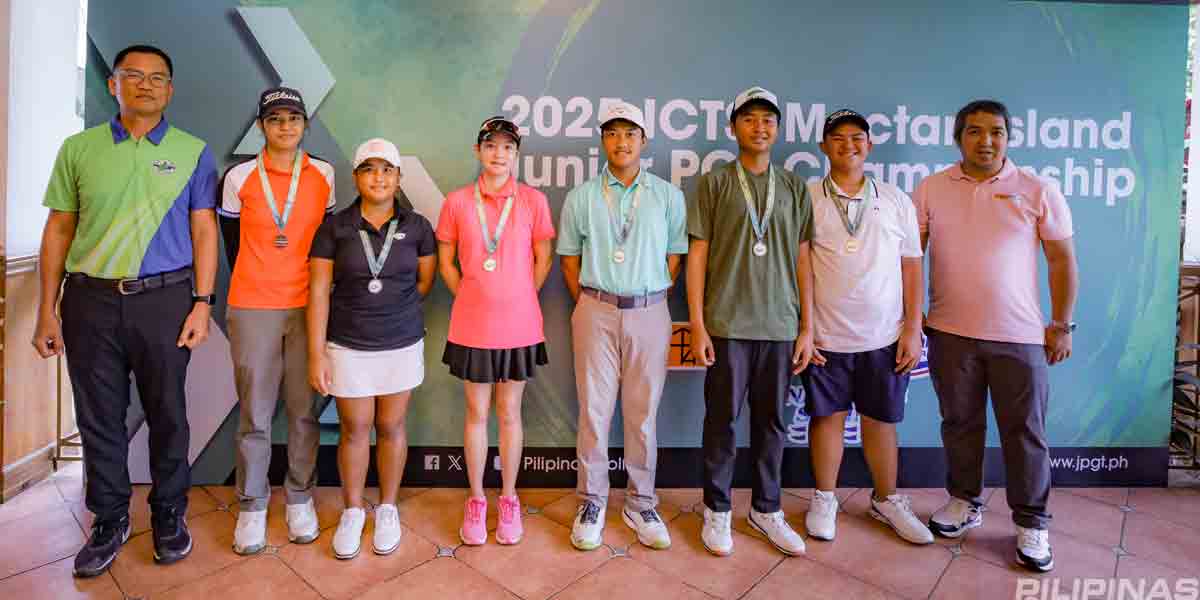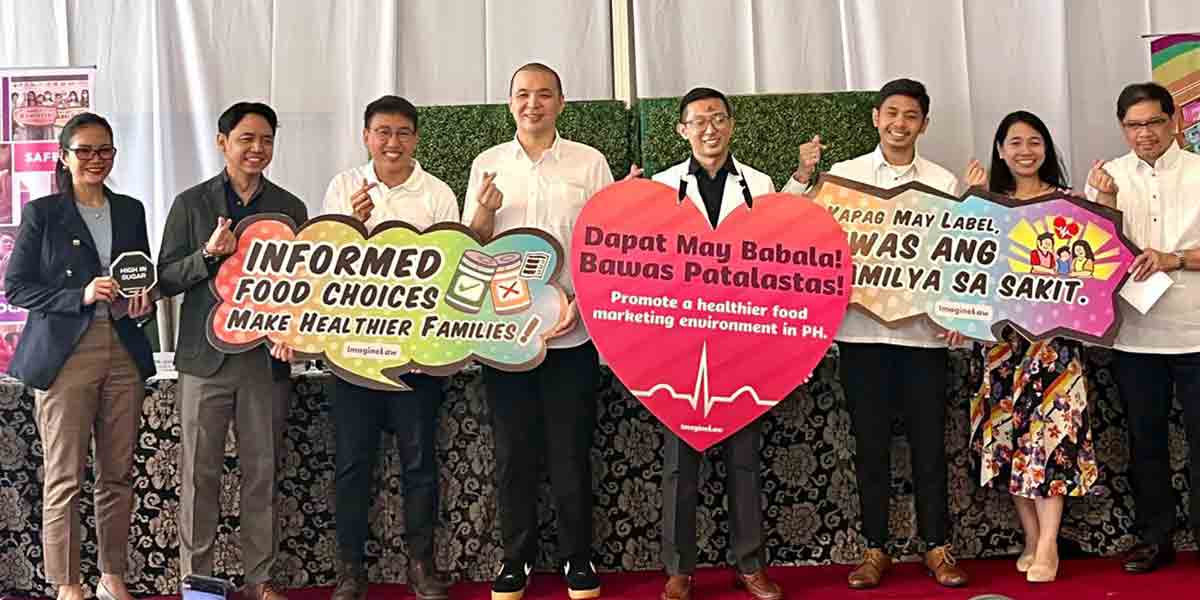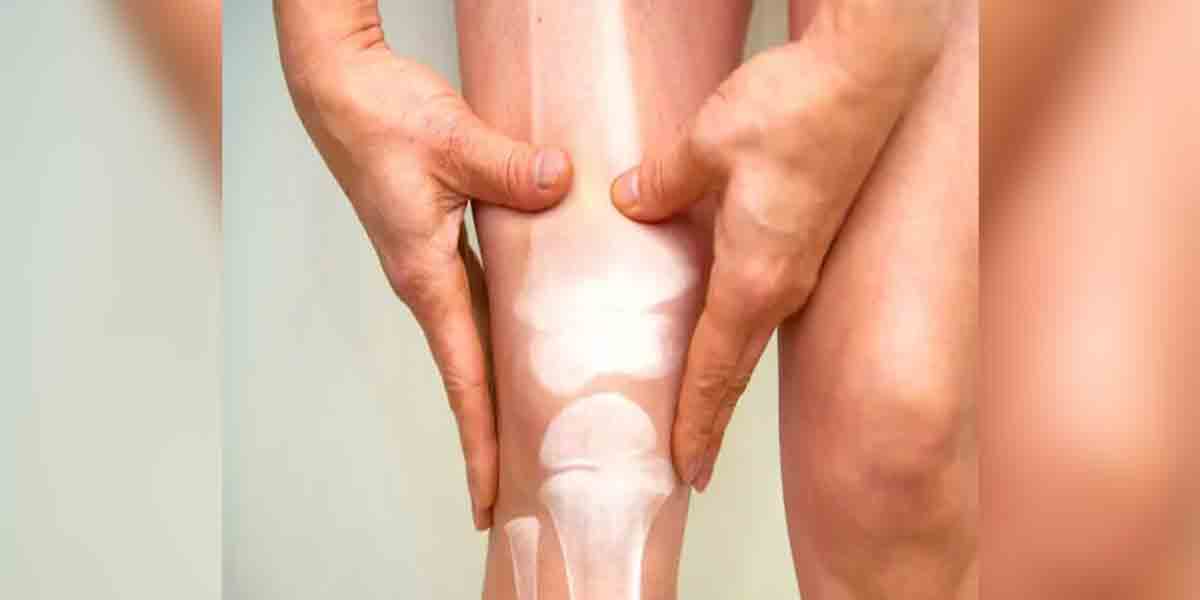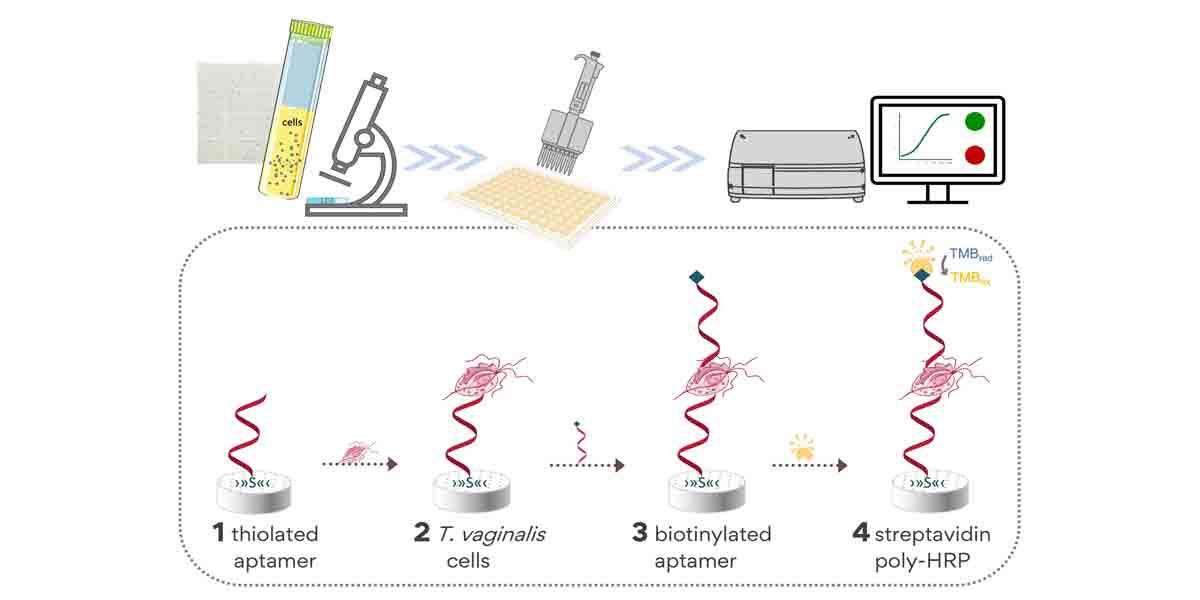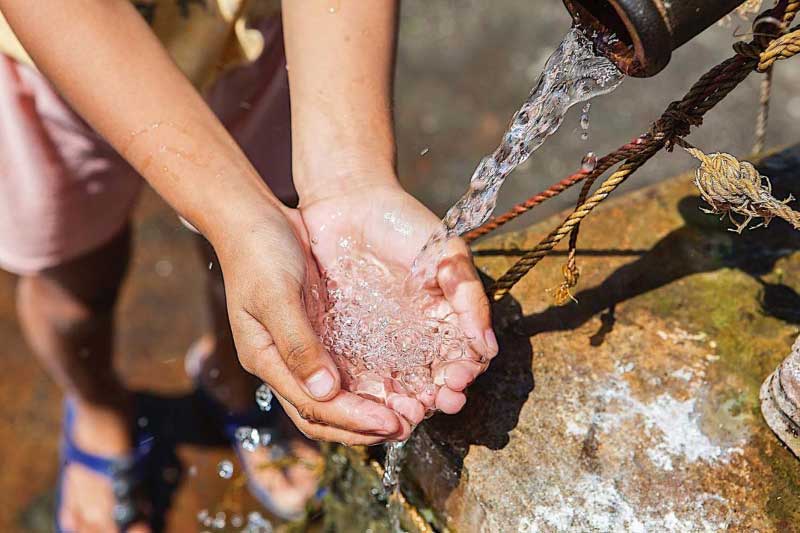
Social Watch Philippines (SWP), a citizens’ group decries the fact that 11 million Filipino families still do not have access to clean water and that 905,000 families still practice open defecation due to no access to water, sanitation and hygiene (WASH) facilities. The National Water Resources Board (NWRB) revealed that the said 11 million families still rely on “unprotected” deep wells, springs, rivers, lakes, and rainwater.
“There is a water-crisis as far as the poor and socially excluded groups are concerned. The Philippines is an archipelagic country. There is so much water and yet many still do not have access to satisfy their basic WASH needs. Equitable access to WASH facilities needs to be ensured,” said Dr. Ma. Victoria Raquiza, Co-Convenor of Social Watch Philippines.
In his SONA last week, President Marcos put a particular focus on the need for a cohesive, centralized, and systematic effort towards water security through the creation of a Department of Water Resource Management. President Marcos also mentioned that the Executive has an allocation of 14.6 billion pesos for water supply projects that will benefit communities all over the country.
While it affirms government’s plan to address the organizational fragmentation of water, sanitation, and hygiene (WASH) governance, SWP awaits the breakdown of the said allocation in the National Expenditures Program or the government’s spending plan for the fiscal year 2024, as the Department of Budget and Management (DBM) is set to submit the proposed national budget to the House of Representatives on August 2.
The group also urges the House of Representatives to support an equitable WASH budget during the budget hearings. It reiterates its proposal package of WASH policy and budget measures amounting to PhP 6.3 billion. This PhP 6.3-billion budget proposal is an investment in strengthening the capacity of the government to have a WASH system that consists of human resource, infrastructure, service delivery, and public financing. It particularly covers projects by four (4) key national government agencies that cater to poor communities, namely the Department of Interior and Local Government, Department of Health, Department of Education, and the Local Water Utilities Administration.
Affordability is seen as a big factor as to why the majority of families still do not have access to piped water in their homes.
LGU-run and private water utilities require houses to pay about PhP4,000-7,000 to be connected. This may still go up depending on the location of the house.
“Water providers from the private sector, while they often provide good quality service, may not always be affordable for more economically disadvantaged groups. The government needs to step in and undertake their developmental duty to enhance the welfare, well-being and dignity of these groups,” added Raquiza.
Aside from the costs of connectivity, urban areas in informal settler communities that have no permanent water and sanitation facilities bear the brunt of the high costs of water for drinking and domestic use.
“In urban poor communities in Metro Manila that we are working with, about a quarter of the wages of a single-income family of five go to the expenses on water for drinking and domestic use,” said Raquiza.
SWP maintains that public investment in equitable access to clean water and sanitation facilities for all people is an urgently-needed investment in social development, as a wide range of food and water-borne diseases can be prevented by WASH services that reach the poor Filipinos.
Social Watch Philippines (SWP) through its Alternative Budget Initiative (ABI) Health Cluster, composed of more than 70 civil society organizations, is working on an initiative called the “Advancing a Citizenry-driven Budget Advocacy for WASH to Promote Children’s Health and Wellbeing” and aims to engage and partner with government as they work to fulfill their commitment to Sustainable Development Goal No. 6, or the goal to provide universal access to water and sanitation on or before 2030.

